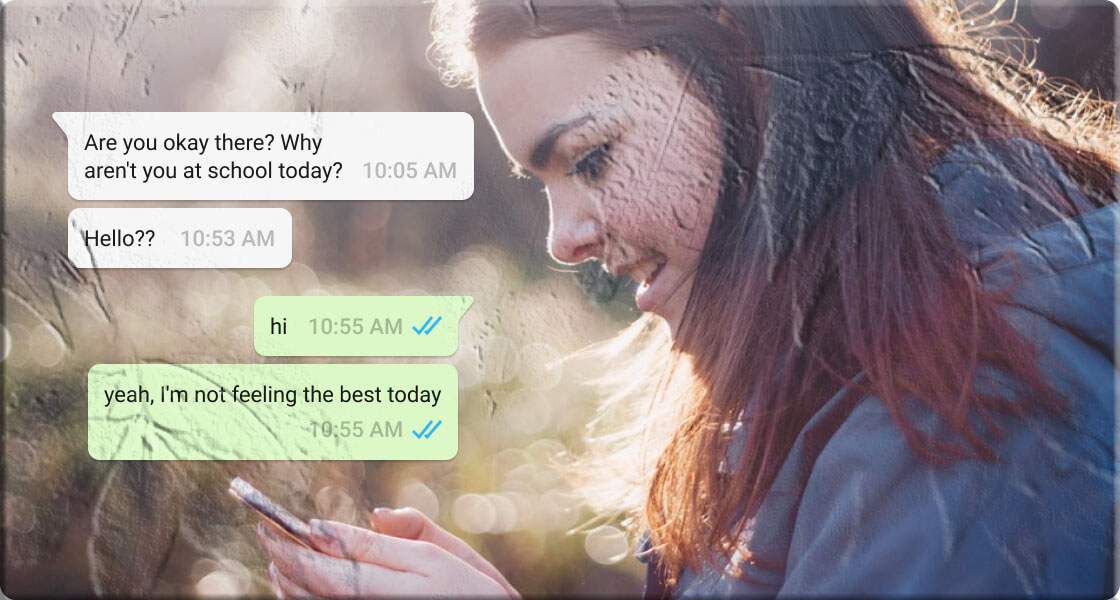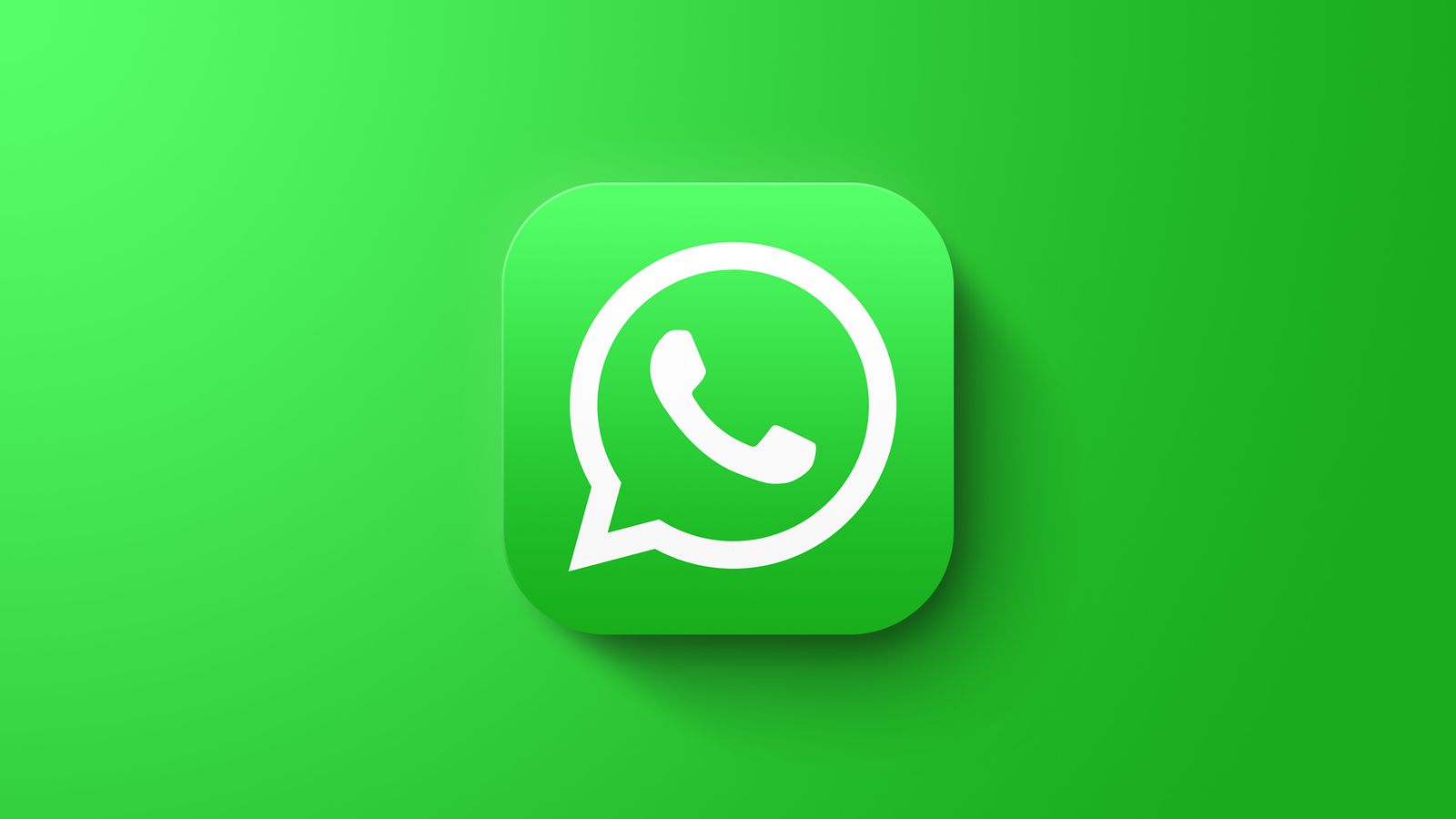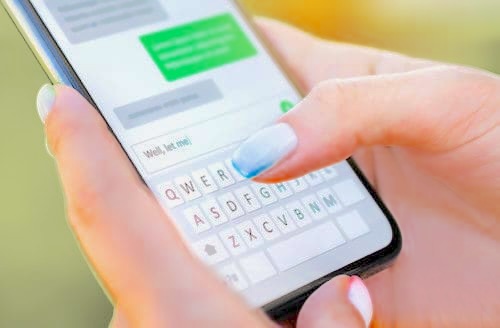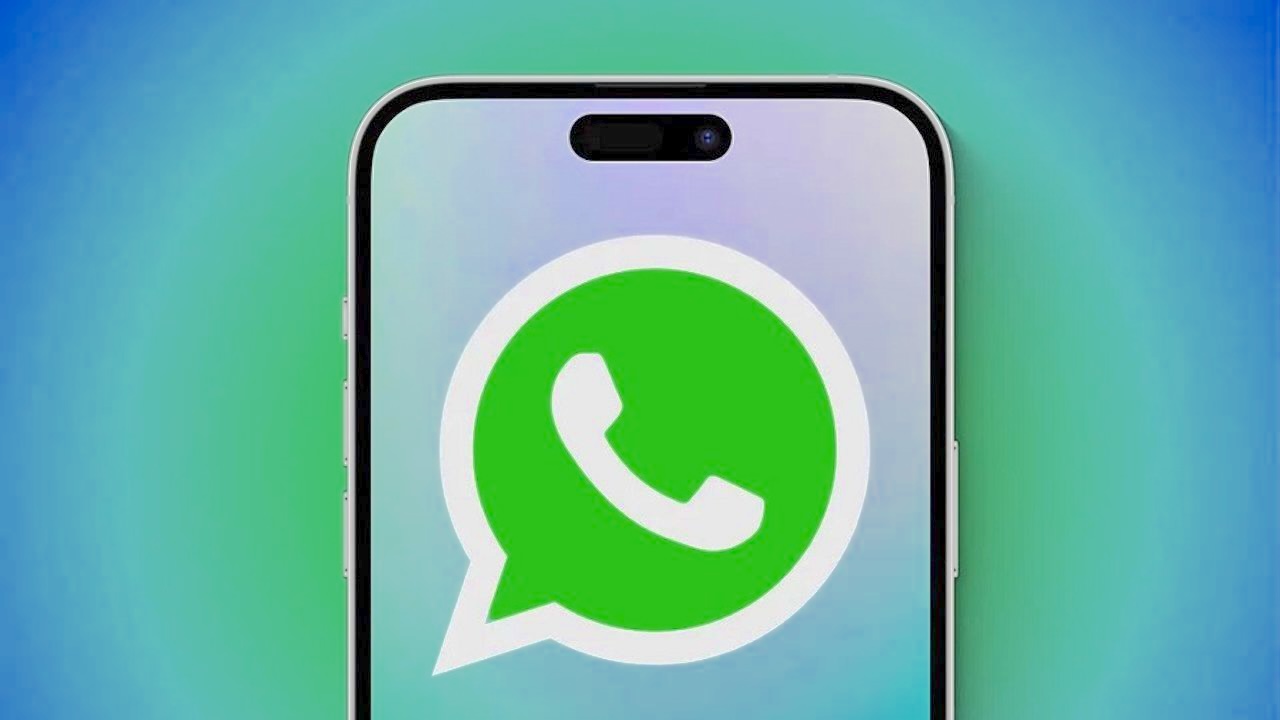Introduction
WhatsApp has become one of the most widely used communication platforms in the world, with billions of users relying on it for daily chats, voice calls, and video calls. One of its biggest selling points is end‑to‑end encryption (E2EE), which ensures that only you and the person you’re communicating with can access the content of your messages or calls.
But while the content of WhatsApp calls is protected, many people wonder: Can a WhatsApp call still be traced? The answer lies in understanding the difference between call content and metadata.
In this article, we’ll break down what can and cannot be traced, who has the ability to trace calls, and what steps you can take to protect your privacy.

Can the Content of a WhatsApp Call Be Traced?
- End‑to‑End Encryption: WhatsApp encrypts calls so that even WhatsApp itself cannot listen in. Neither Facebook (Meta) nor ISPs can decrypt the content.
- Device Access: The only way someone could access call content is by physically accessing your device and installing spyware or recording apps.
- Hackers & Governments: Breaking WhatsApp’s encryption is extremely difficult and generally not feasible for everyday users. High‑profile targets (journalists, activists) may face risks from advanced spyware, but these attacks are rare and costly.
Bottom line: The actual words spoken in a WhatsApp call cannot be traced without compromising your device.
Can Metadata Be Traced?
While the content is secure, metadata—the information surrounding the call—can be traced. Metadata includes:
- Phone Numbers: Caller and recipient numbers are visible.
- Timestamps: When the call started and ended.
- Duration: How long the call lasted.
- IP Addresses: Used to route calls. These can reveal approximate location unless hidden with VPNs or WhatsApp’s “Protect IP address in calls” feature.
Who can access metadata?
- Law Enforcement: With proper legal authority, they can request metadata from WhatsApp or ISPs.
- ISPs: They can see that you’re using WhatsApp, but not the content of calls.
- Hackers: Only if they compromise your device.
Who Can Trace a WhatsApp Call?
1. Law Enforcement & Government Agencies
- Can request metadata (call logs, IP addresses) through legal channels.
- Cannot access encrypted call content.
- Require warrants or court orders depending on jurisdiction.
2. Hackers or Spyware
- May exploit vulnerabilities in your phone’s operating system.
- Can record calls if they gain access to your device.
- Typically target high‑profile individuals, not everyday users.
3. Regular Users
- Cannot trace calls beyond basic call logs (time, duration, phone number).
- Third‑party apps claiming to trace calls usually require physical access to the device and raise ethical/legal concerns.
Can You Trace a WhatsApp Call’s Location?
- Direct location tracing is not possible. WhatsApp does not share location data during calls.
- IP addresses may reveal approximate location, but:
- Most users have dynamic IPs that change frequently.
- VPNs or proxies can mask IP addresses.
- Only ISPs or law enforcement with legal authority can map IPs to physical addresses.
What to Do If You Receive a Suspicious WhatsApp Call
- Block & Report: Tap the contact’s name → Block or Report.
- Adjust Privacy Settings: Go to Settings > Privacy > Calls and restrict who can call you.
- Avoid Unknown Numbers: Don’t answer calls from numbers you don’t recognize. Scammers often use WhatsApp for phishing.
Privacy Tips for WhatsApp Users
- Enable Two‑Step Verification: Adds a PIN for extra security.
- Keep Your Number Private: Share only with trusted contacts.
- Protect IP Address in Calls: Enable this in WhatsApp settings or use a VPN.
- Update WhatsApp Regularly: Security patches protect against vulnerabilities.
Comparison Table: WhatsApp Call Content vs Metadata Traceability
| Aspect | Call Content (Voice/Video) | Call Metadata (Logs & Technical Info) |
|---|---|---|
| Definition | The actual words, audio, or video exchanged during the call | Information about the call: phone numbers, timestamps, duration, IP addresses |
| Encryption Status | Protected by end‑to‑end encryption (E2EE) | Not encrypted in the same way; stored as technical records |
| Accessibility | Only visible to caller and recipient | Can be accessed by WhatsApp servers, ISPs, or law enforcement with proper authority |
| Who Can Access | – Caller & recipient only<br>- Hackers/spyware if device is compromised | – Law enforcement (with warrants)<br>- ISPs<br>- WhatsApp (limited logs)<br>- Telecom providers |
| Traceability | Practically impossible without breaking encryption or hacking the device | Traceable through logs, IP addresses, and account activity |
| Location Data | Not shared during calls | Approximate location may be inferred from IP addresses (limited accuracy, can be masked with VPNs) |
| Risks | Rare, targeted spyware attacks | Routine metadata collection, possible exposure to authorities or ISPs |
| User Control | Cannot disable encryption; it’s automatic | Can reduce traceability by using VPNs, enabling “Protect IP address in calls,” and limiting account exposure |
FAQs About WhatsApp Call Traceability
Q1: Can WhatsApp itself listen to my calls? No. End‑to‑end encryption prevents WhatsApp (Meta) from accessing call content.
Q2: Can police trace WhatsApp calls? Yes, but only metadata (numbers, timestamps, IP addresses). They cannot access the actual conversation.
Q3: Can hackers trace WhatsApp calls? Not easily. They would need to compromise your device with spyware.
Q4: Can I trace someone’s WhatsApp call location? No. WhatsApp does not share location data during calls. Only IP addresses can hint at location, and even that requires advanced tools and legal authority.
Q5: Are WhatsApp calls safer than regular phone calls? Yes, in terms of content privacy. Traditional calls can be intercepted by carriers, while WhatsApp calls are encrypted end‑to‑end.
Final Thoughts
WhatsApp calls are highly secure in terms of content, thanks to end‑to‑end encryption. However, metadata such as phone numbers, call duration, and IP addresses can still be traced under certain circumstances.
For everyday users, the risk of someone tracing or intercepting your WhatsApp calls is extremely low. Still, it’s wise to take proactive steps—like enabling two‑step verification, using VPNs, and keeping your number private—to safeguard your digital privacy.




